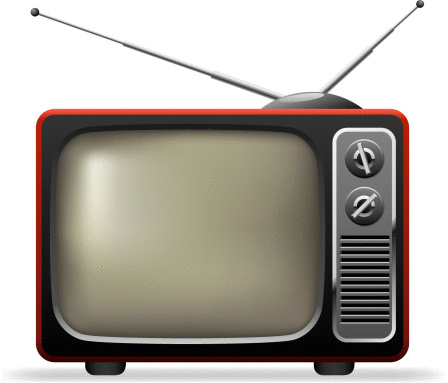The battle over whether broadcast television can be streamed over the Internet has become more complicated. Television companies have started to spread their risk. This is because the move from broadcast to Internet TV is inevitable, although the shift to the new business model may take years to complete.
CBS Corp. (NYSE: CBS) announced it would buy a piece of Syncbak. The smaller company has created a product that will allow mobile devices to pick up signals from local TV stations. At first it seems that the programming will include the advertising that runs with the programs sold by the stations. But if Syncbak’s system is combined with new ad-skipping technology, it would allow consumers to watch shows without the nuisance of pesky marketing messages. One disruptive model that consumers want could join another.
DirecTV (NASDAQ: DTV) already makes a product for its DVR systems that allows viewers to skip ads. It is only a matter of time before that kind of system can skip commercials on the fly without storing them. Once again, disruptive technology has a way of evolving to become more disruptive, particularly when a great deal of money is at stake. Broadcasters will try to block these new technologies in court, but the interests of the consumer usually prevail, eventually.
The Syncbak technology is a close cousin to Barry Diller’s Aereo. This company permits users to take TV signals and store them on computers to be sent over the Internet. This content also may contain commercials for now, when the programs involved contain them. However, TV broadcasters also make money charging fees to cable systems for rights to the content. Aereo disrupts that model by going direct to the consumer. Once again, this technology eventually could join with the “commercial free” one. That would leave broadcasters with an old, and broken, model.
The TV problem has a great deal in common with the problem print had several years ago, and still has. Consumers find news and entertainment on the Internet. Some of this information is from newspaper websites. Some is not. And the way that advertising works on the Web, readers can “skip over” display ads, almost as if they were not there. That process is more difficult in print products, where the advertising is permanently embedded next to content. But based on the numbers of times that display ads next to Internet content are “clicked on,” advertisers do not find these online messages effective at all.
Television content providers have been challenged by the likes of Aereo and Syncbak. Right now, how new systems will work together is uncertain, for both the content provider and consumer. The systems are new enough that they may actually confuse the viewer, as new technology often does.
The new technology for TV to make its way to consumers may not settle into place soon. However, CBS appears to be hedging its bets by taking a stake in Syncbak. It cannot beat the new models for TV access, so it may as well invest in them — even if they undercut its traditional way of making money.
It’s Your Money, Your Future—Own It (sponsor)
Retirement can be daunting, but it doesn’t need to be.
Imagine having an expert in your corner to help you with your financial goals. Someone to help you determine if you’re ahead, behind, or right on track. With SmartAsset, that’s not just a dream—it’s reality. This free tool connects you with pre-screened financial advisors who work in your best interests. It’s quick, it’s easy, so take the leap today and start planning smarter!
Don’t waste another minute; get started right here and help your retirement dreams become a retirement reality.
Thank you for reading! Have some feedback for us?
Contact the 24/7 Wall St. editorial team.




